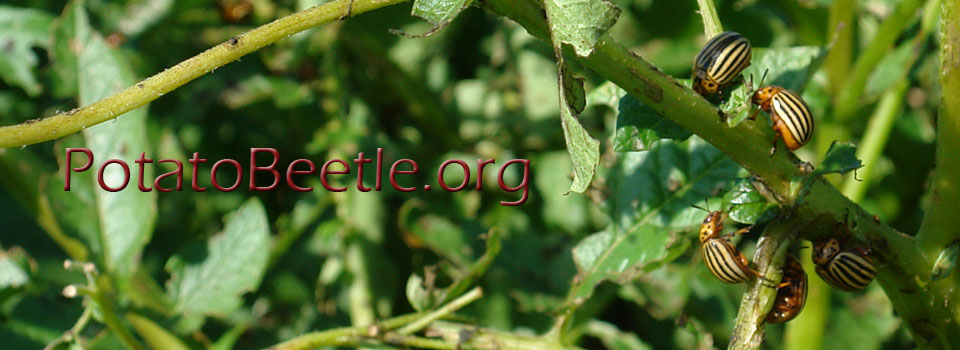Tryjanowski P, Sparks TH, Blecharczyk A, Małecka-Jankowiak I, Switek S, Sawinska Z. American Journal of Potato Research. 2018;95(1):26-32. doi: 10.1007/s12230-017-9611-3.
Potato Solanum tuberosum is one of the world's four most important crops. Its cultivation is steadily increasing in response to the need to feed a growing world population. The yield of potato is influenced inter alia by both climate and pests. The main defoliator pest of potato is Colorado potato beetle Leptinotarsa decemlineata. Using data from a long-term experiment (1958-2013) in western Poland, we show that increasing temperature has affected the trophic relationship between potato and Colorado potato beetle. The planting, leafing, flowering and harvest dates for potato were advanced, after controlling for different cultivars, by 2.00 days, 3.04 days, 3.80 days and 3.42 days respectively for every 1°C increase in temperature. In contrast, first treatment against Colorado potato beetle advanced by 4.66 days for every 1°C increase in temperature, and, furthermore, the number of treatments against the beetle increased by 0.204 per 1°C increase in temperature. This suggests that the beetle responds faster to increasing temperature than the plant does, but both parts of the system are probably greatly modified by farming practices.
